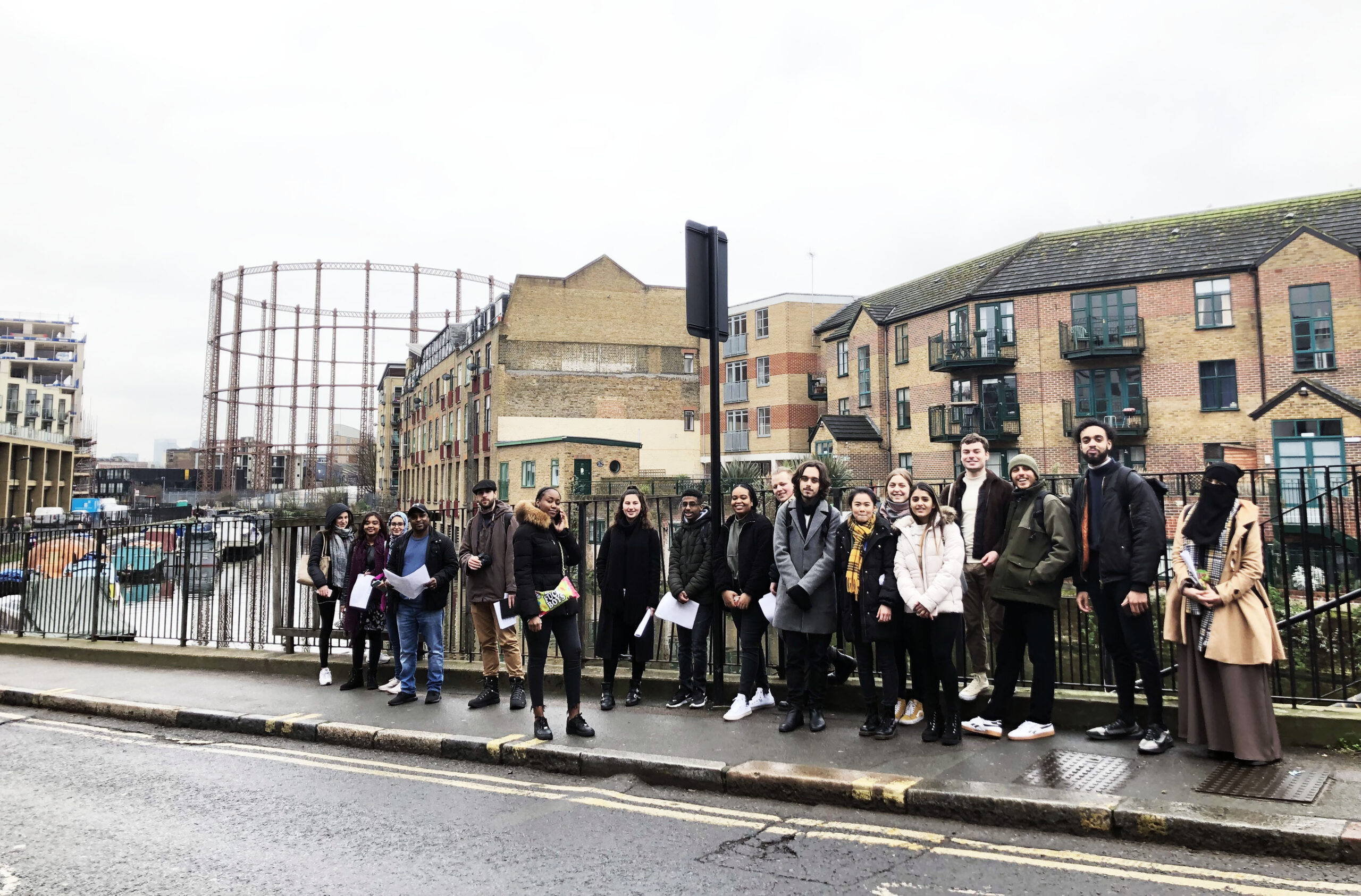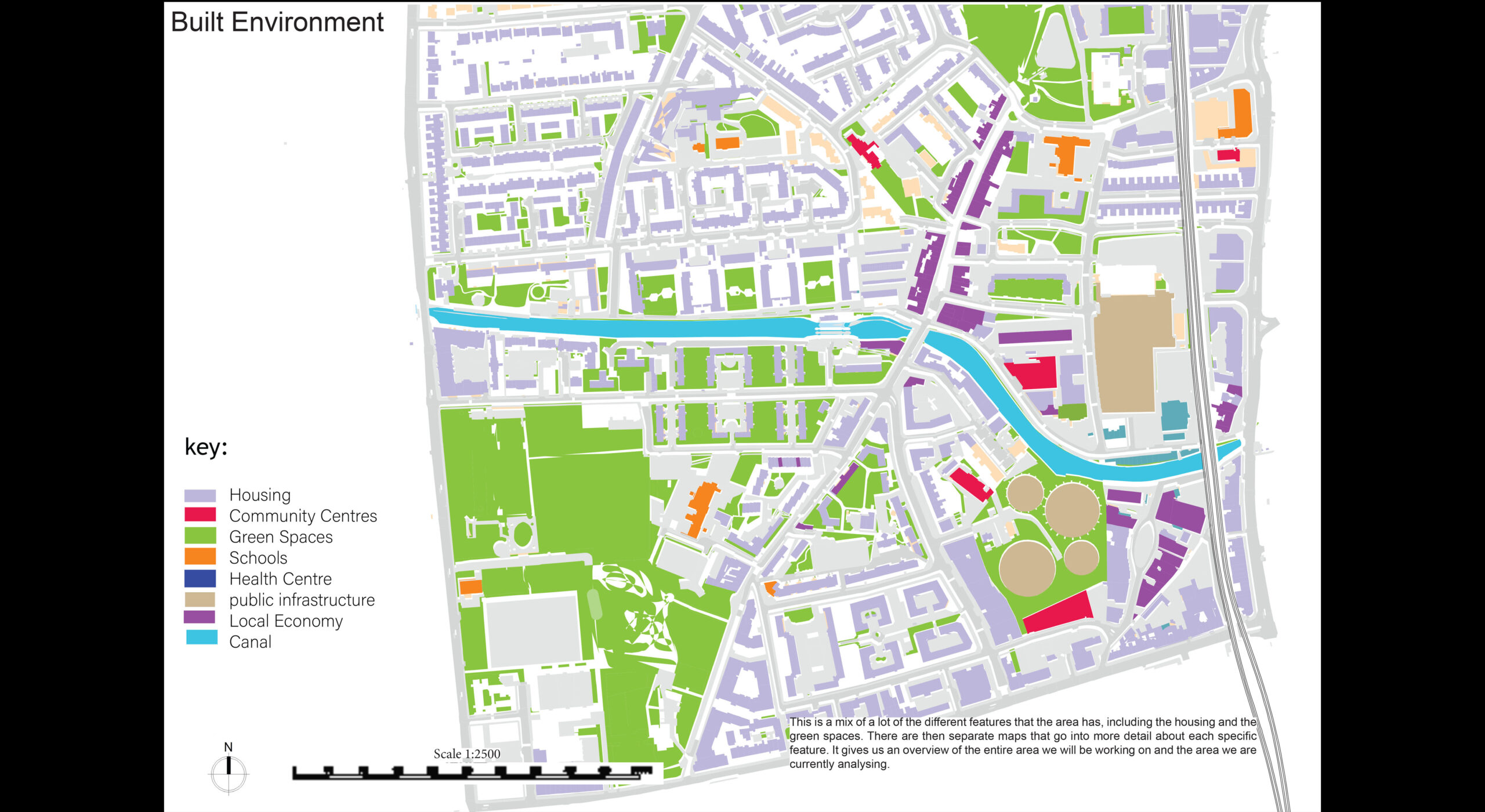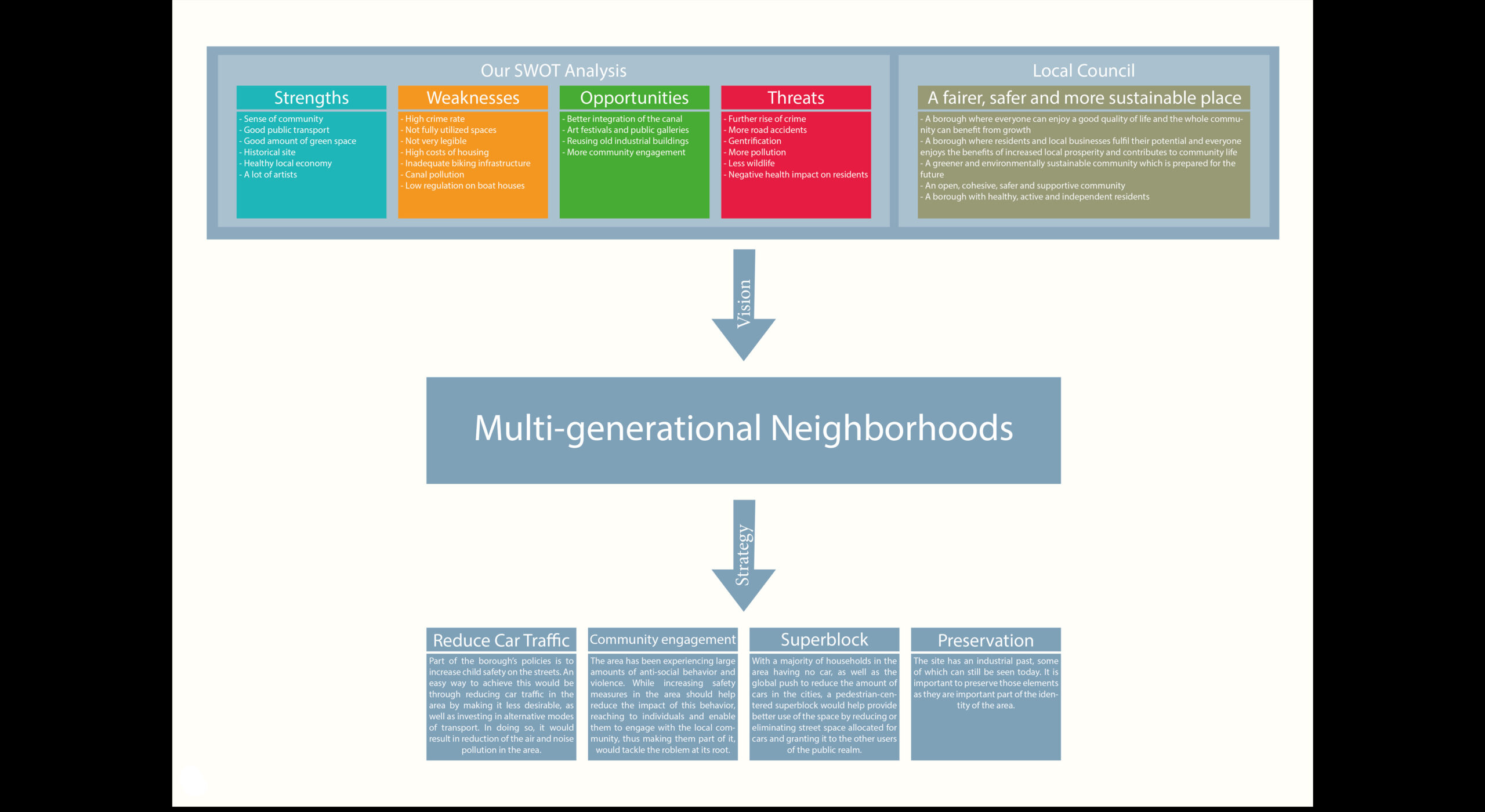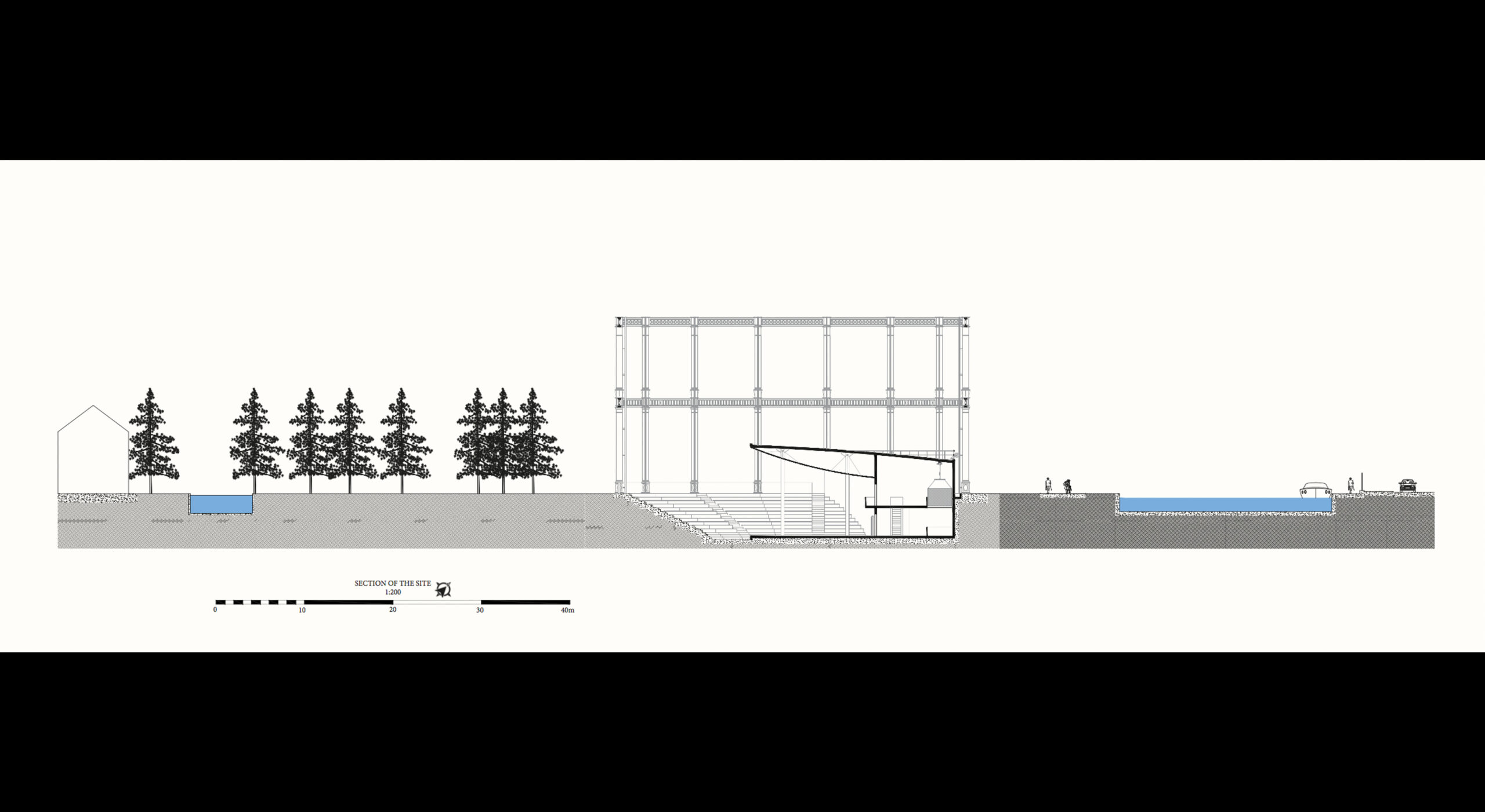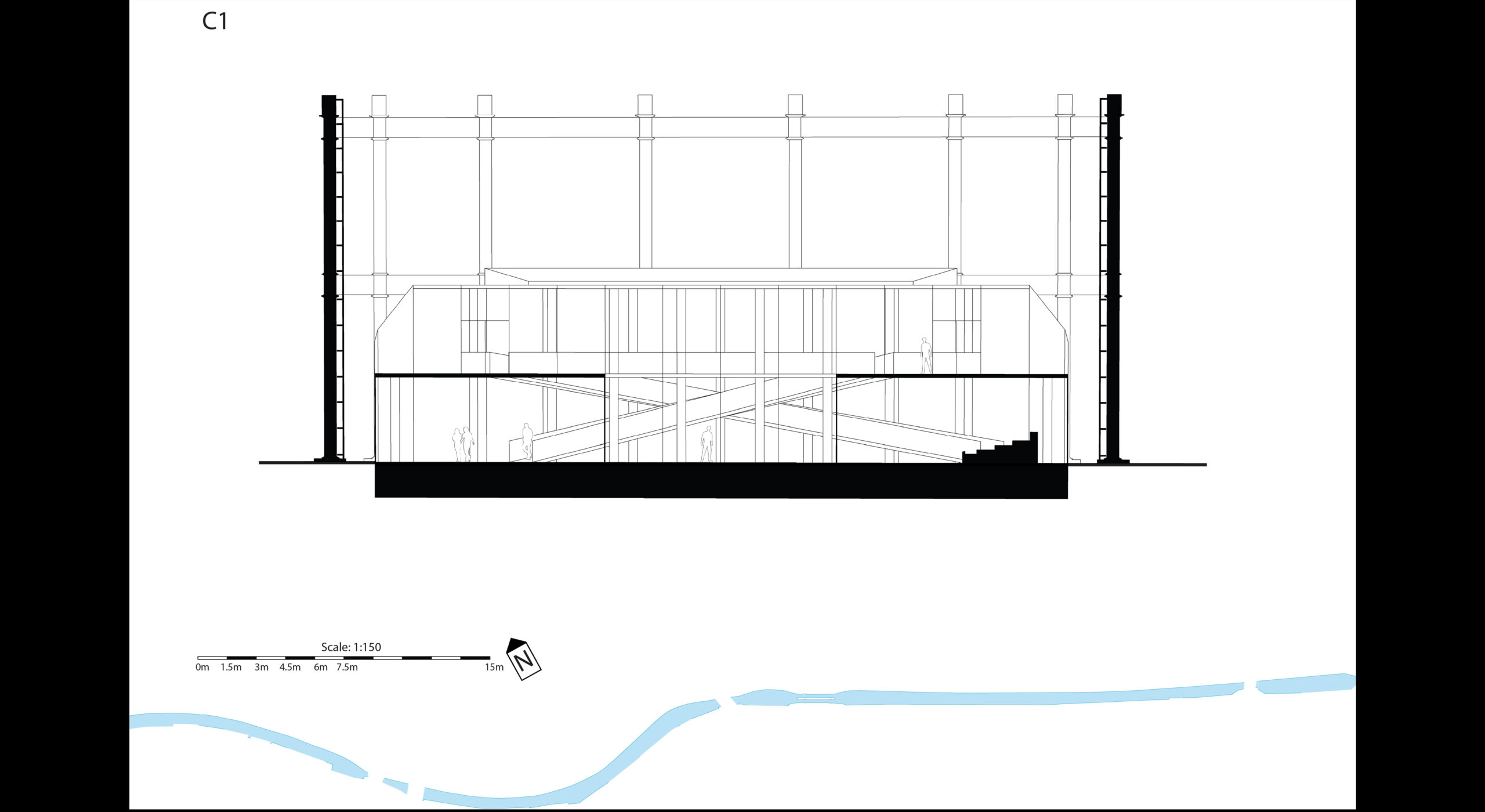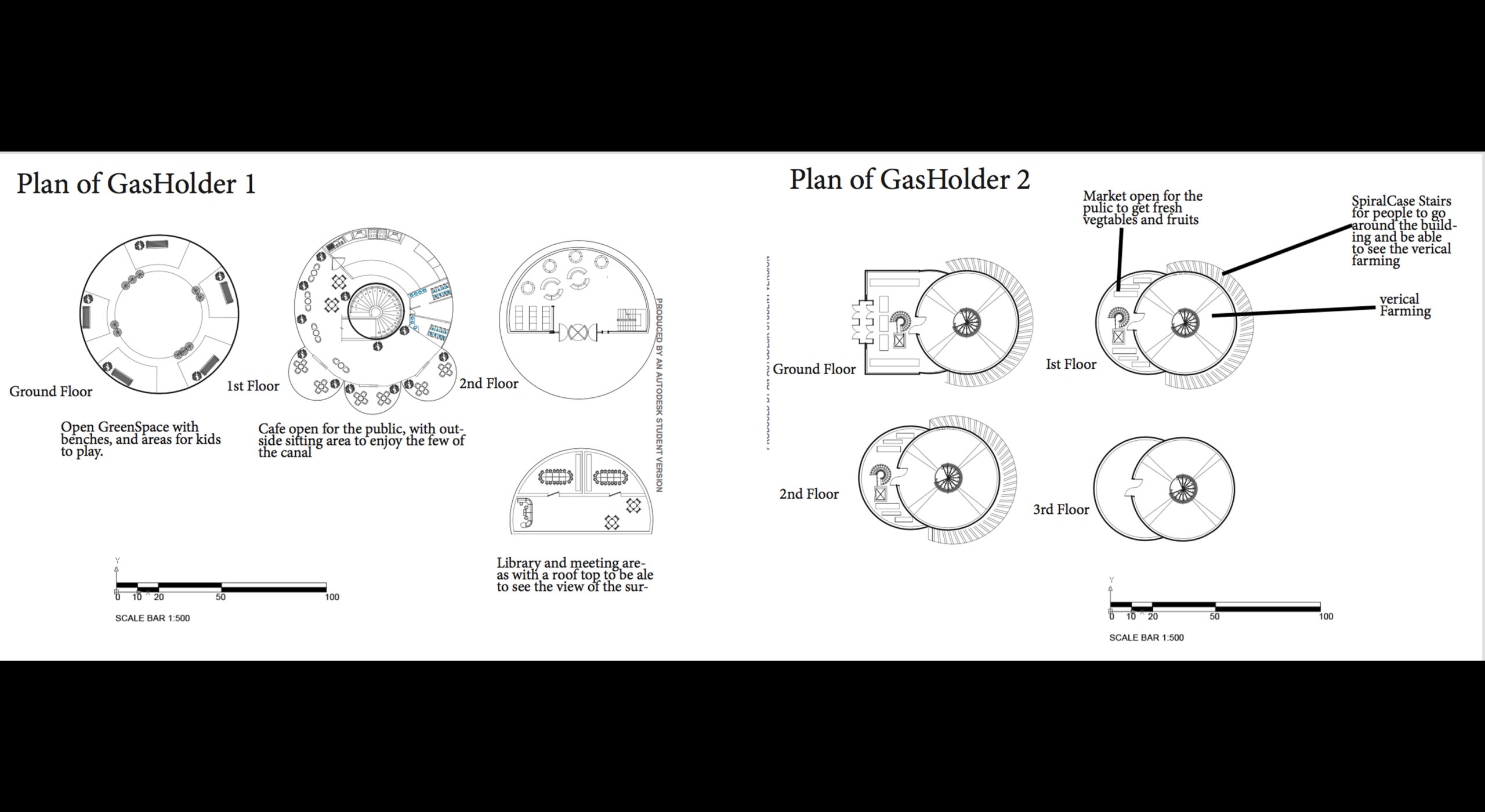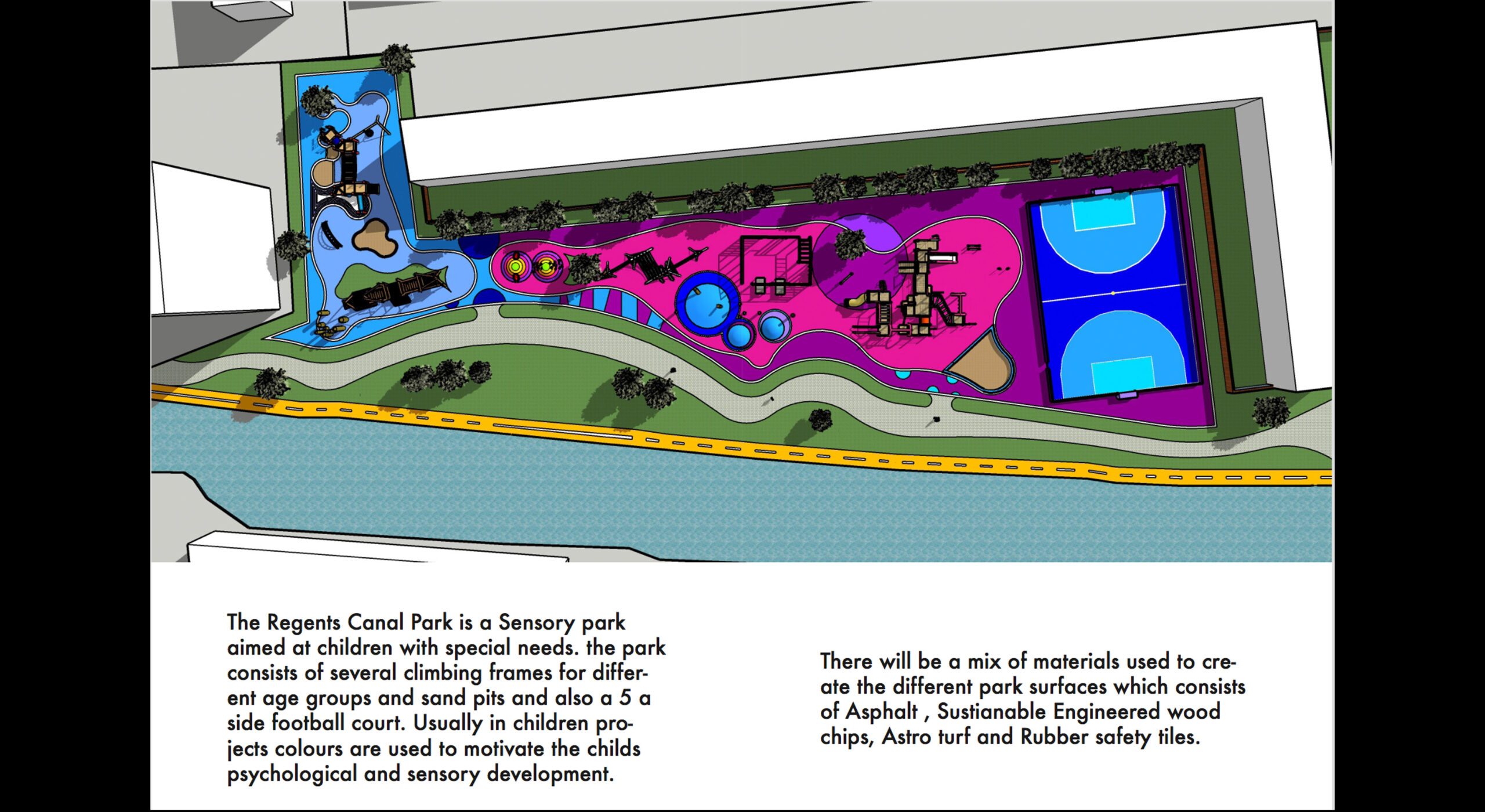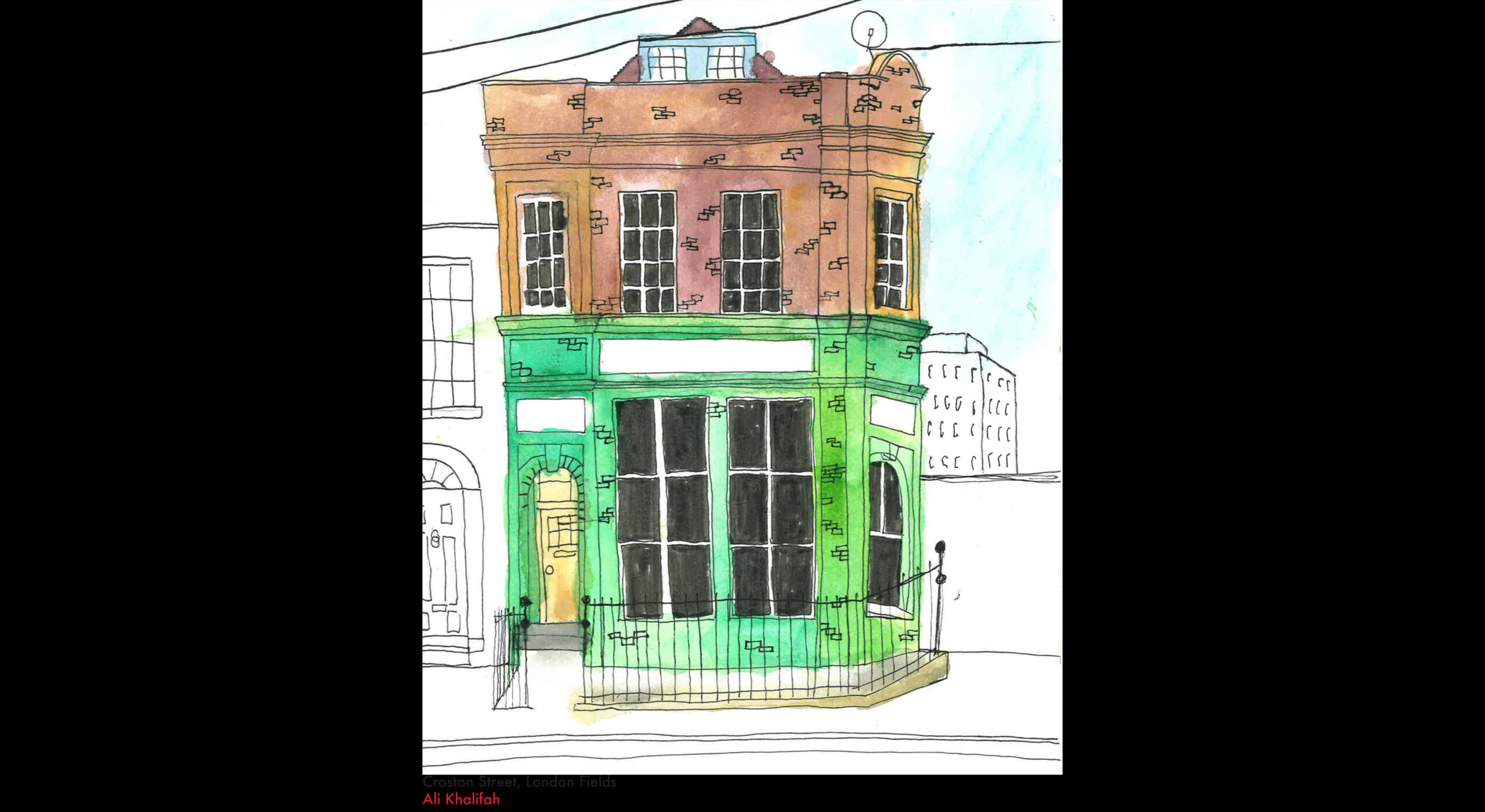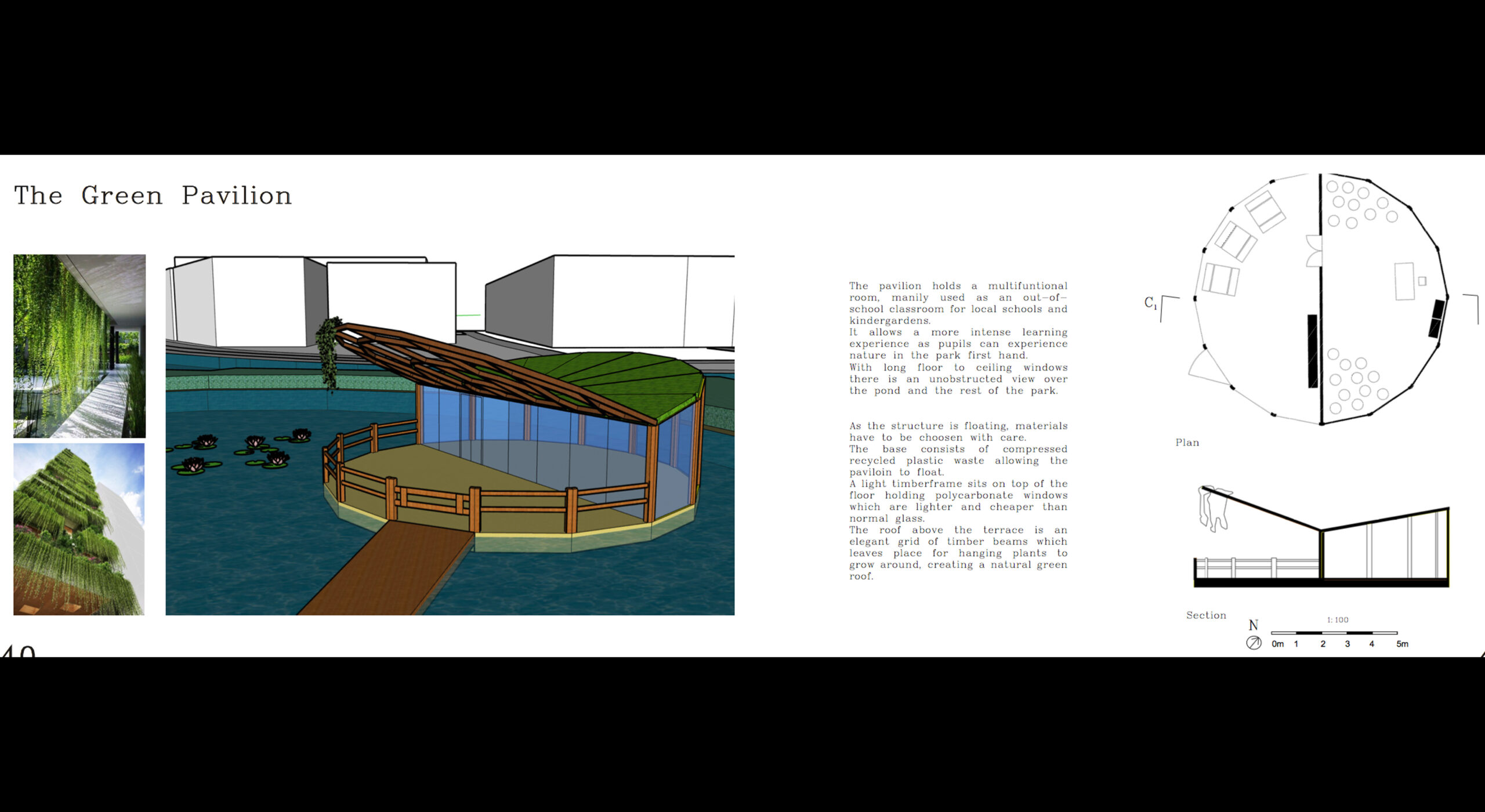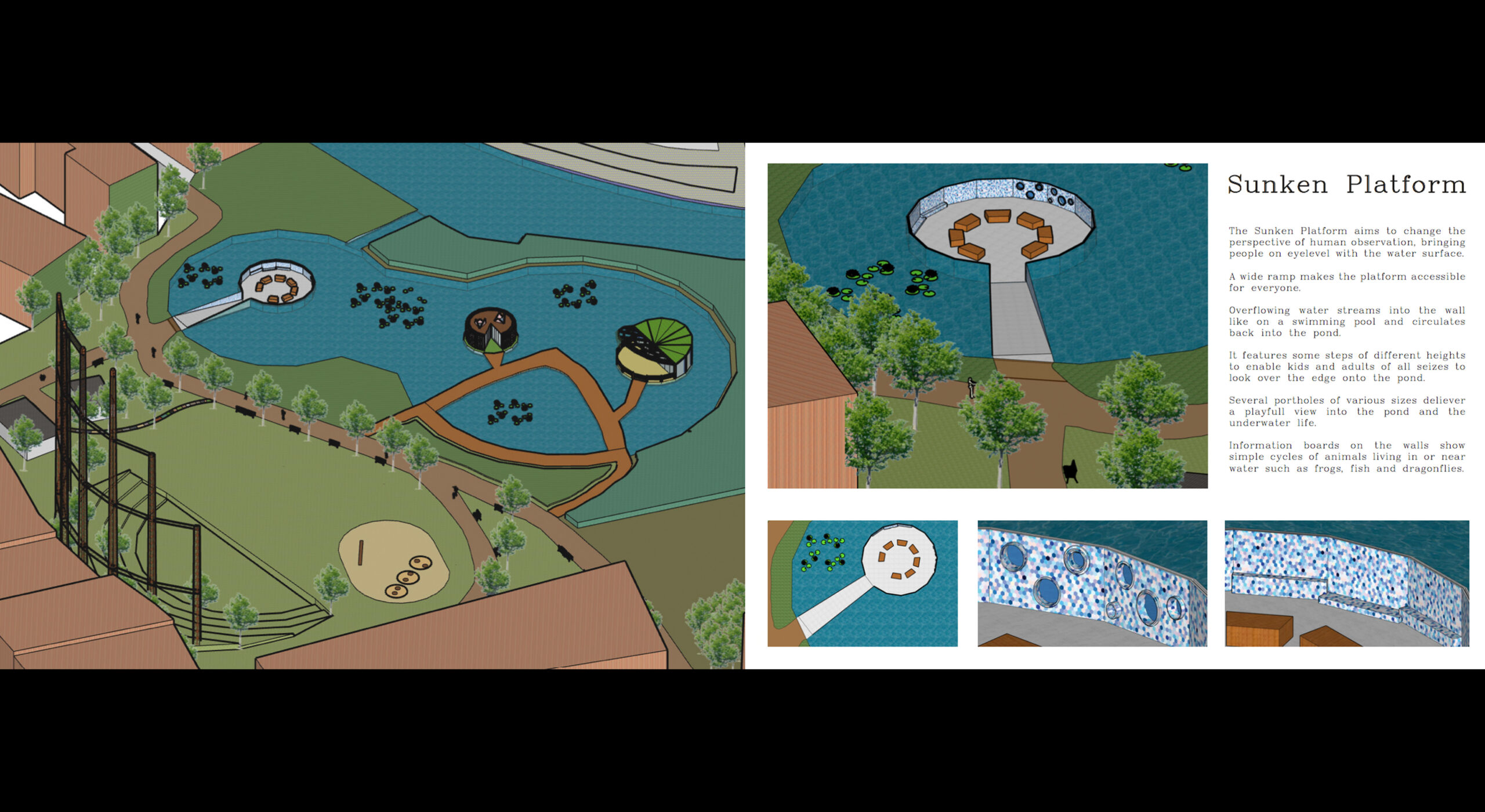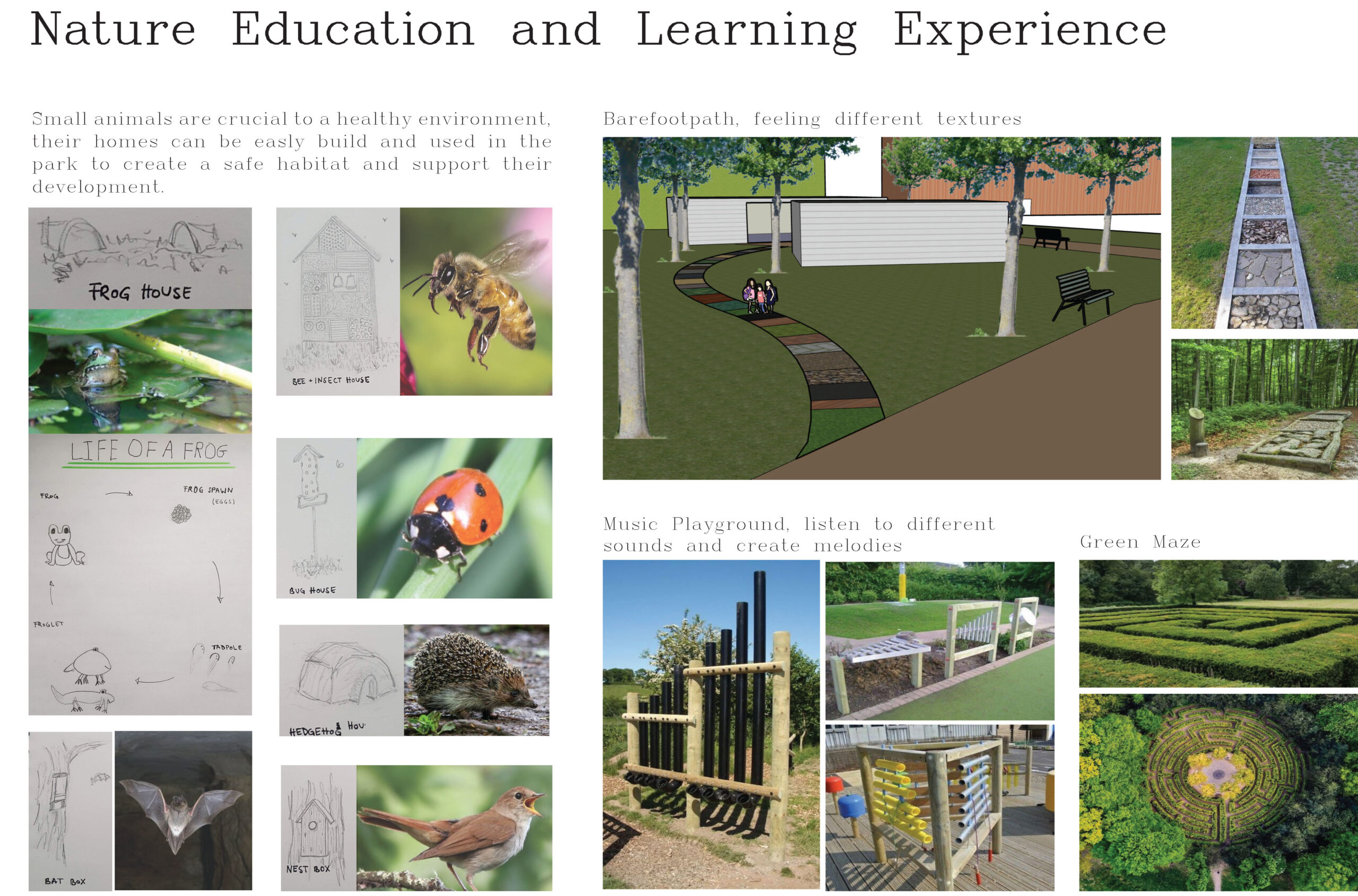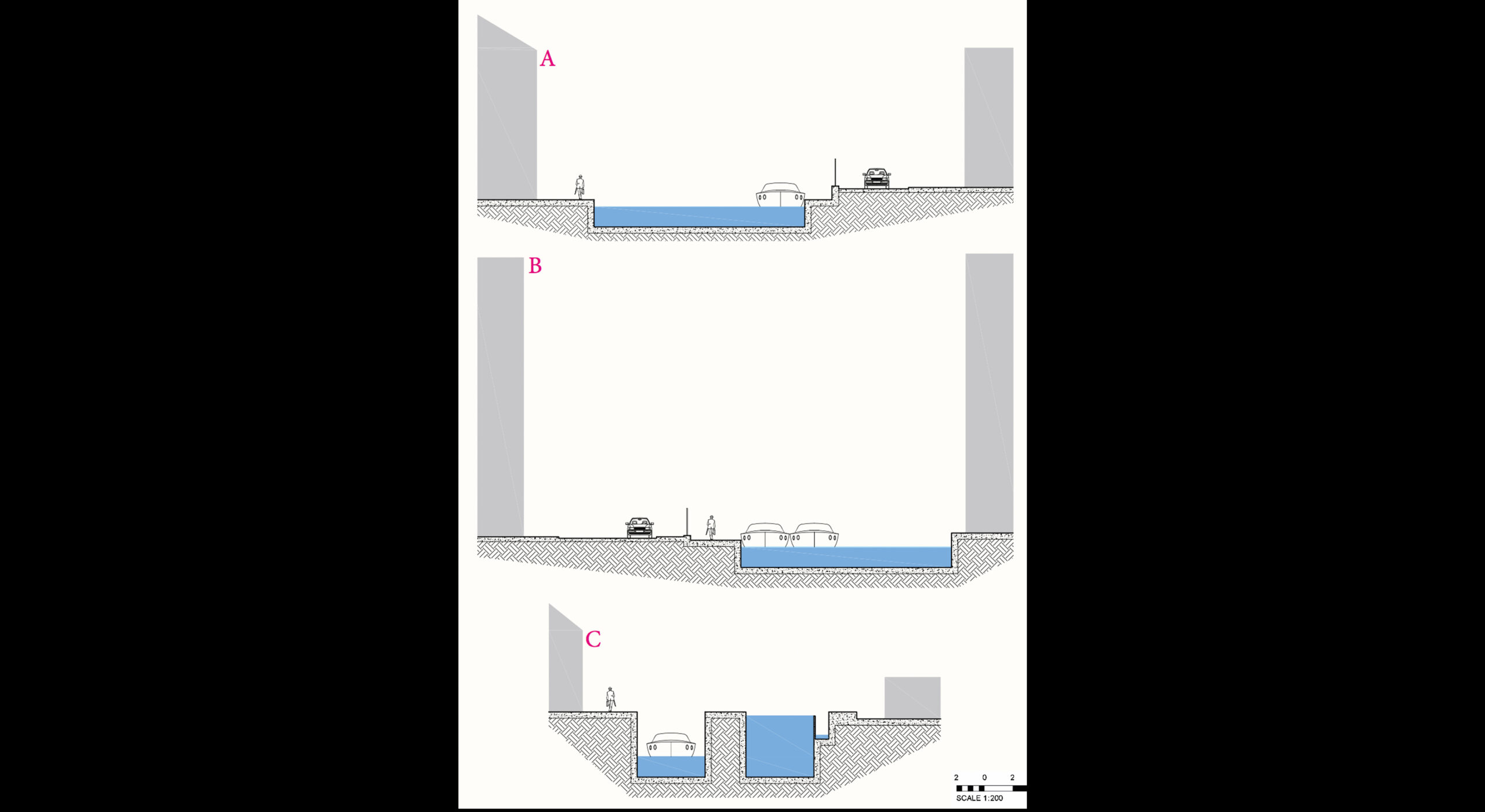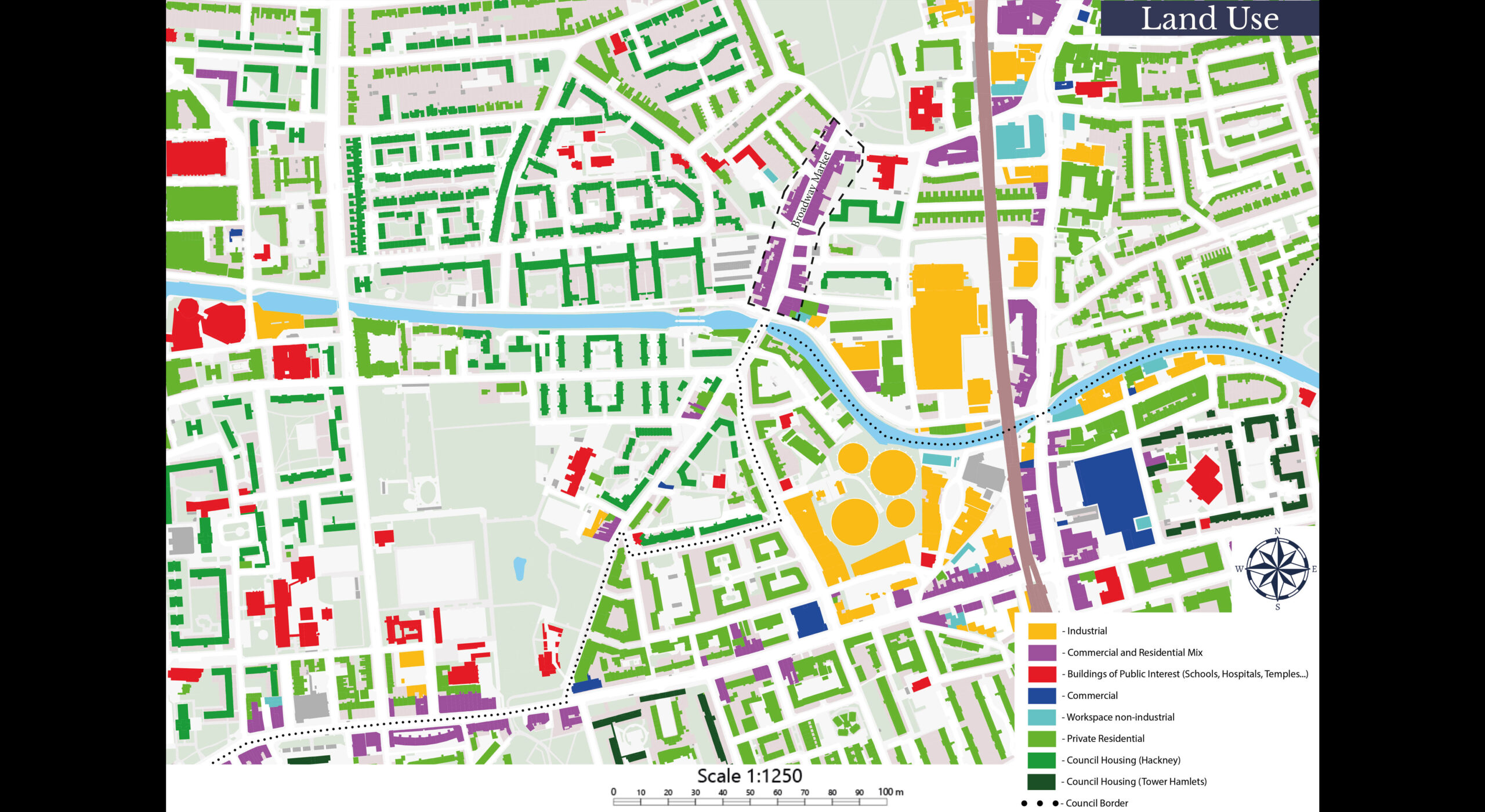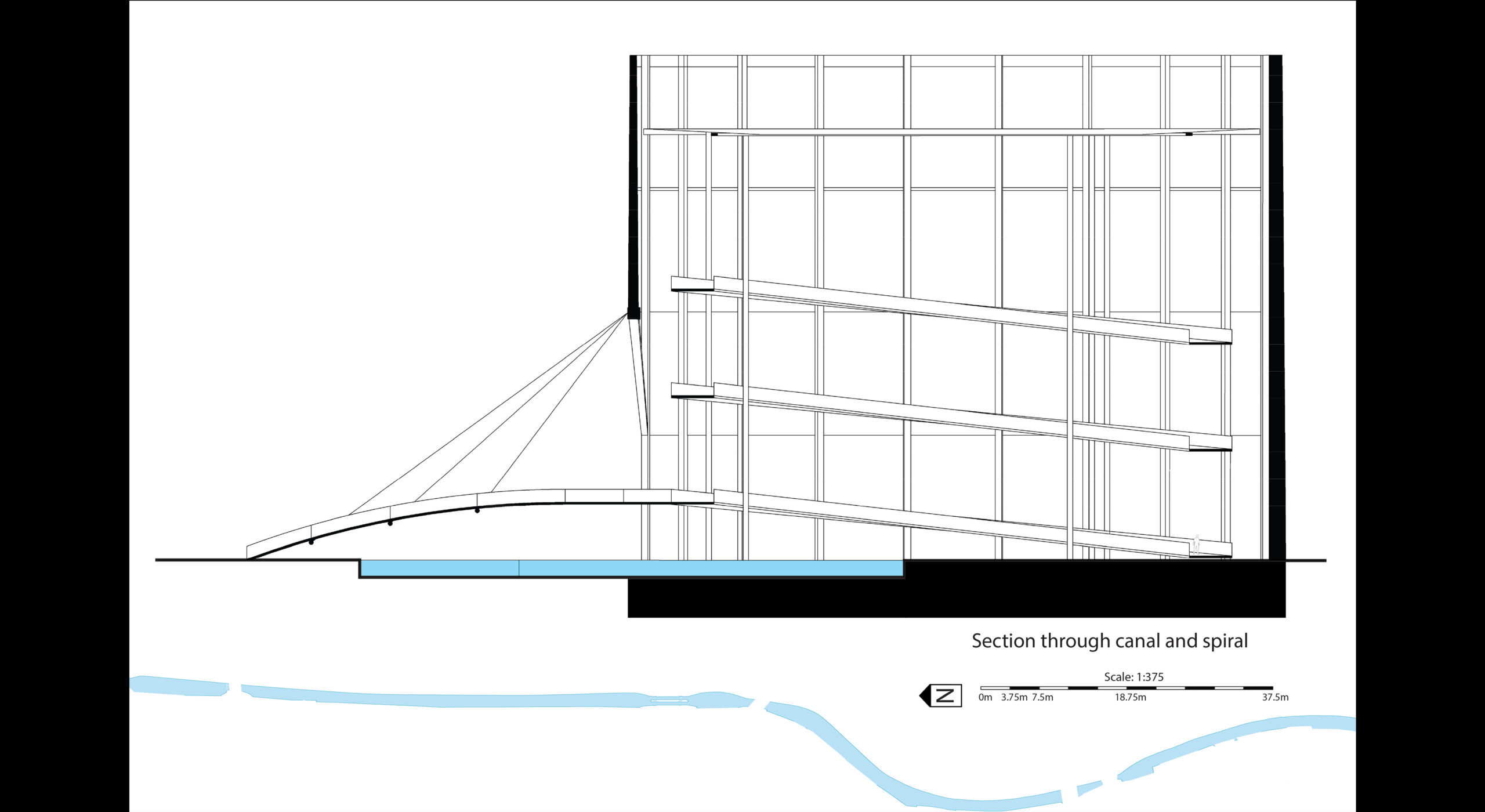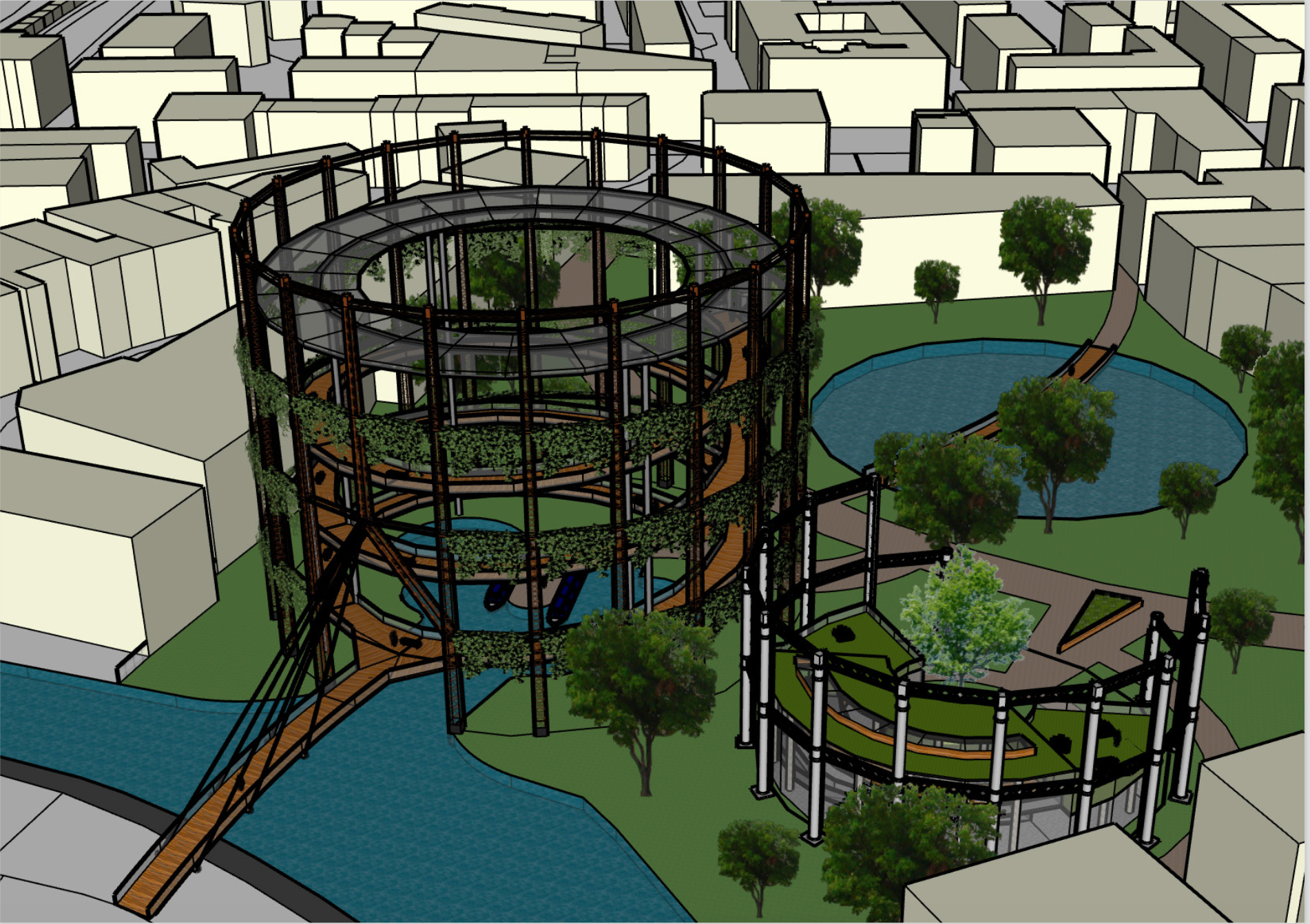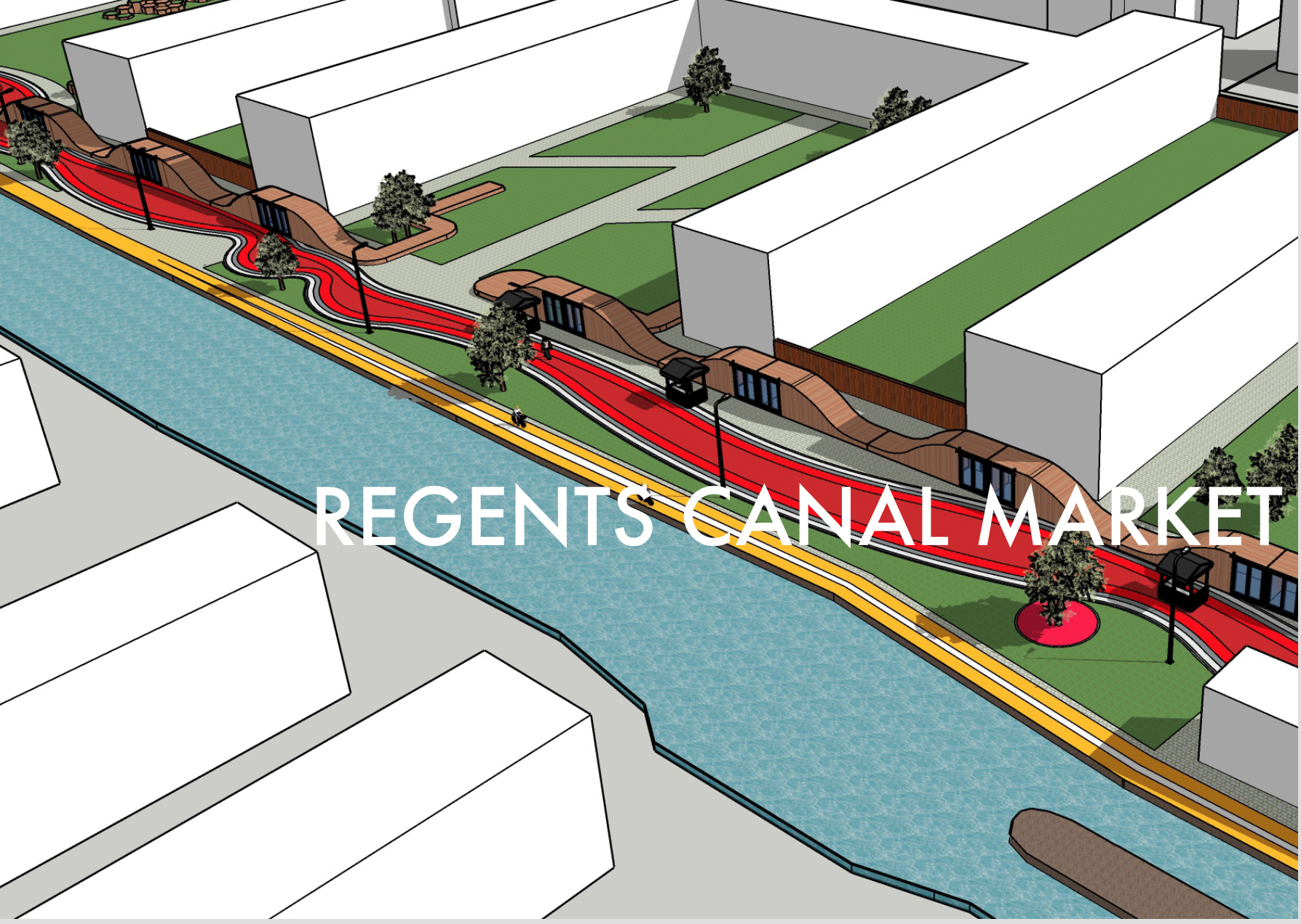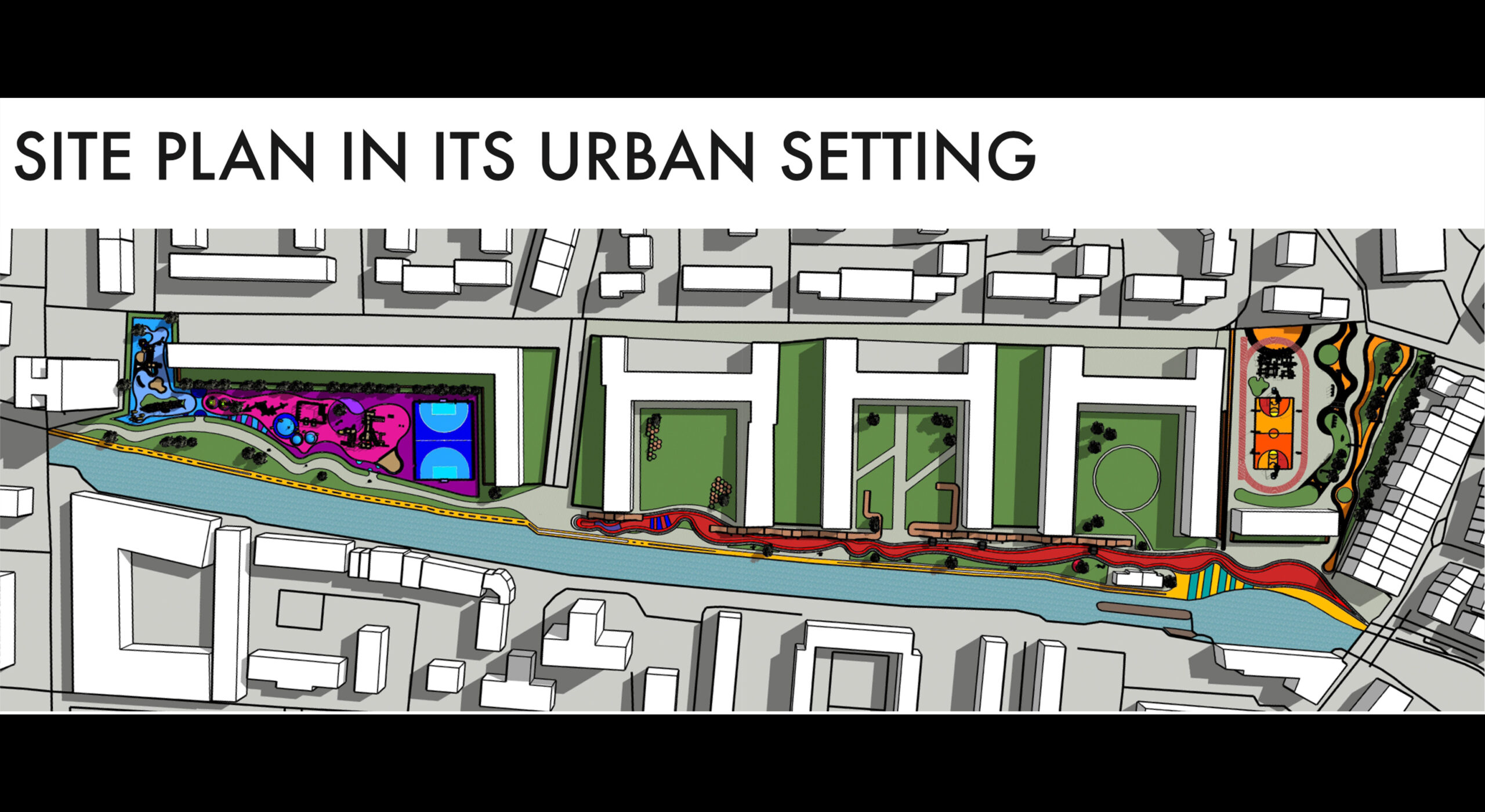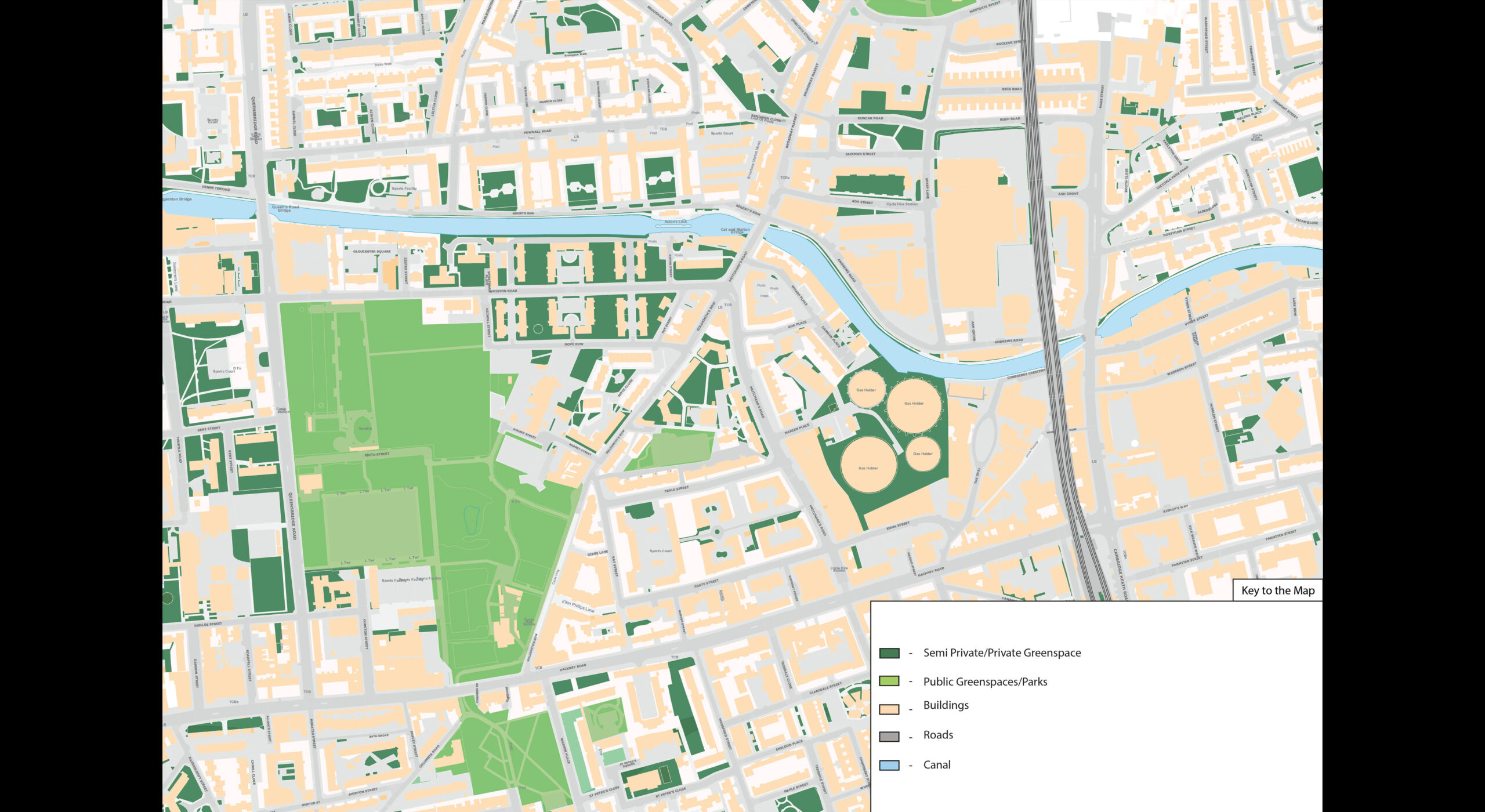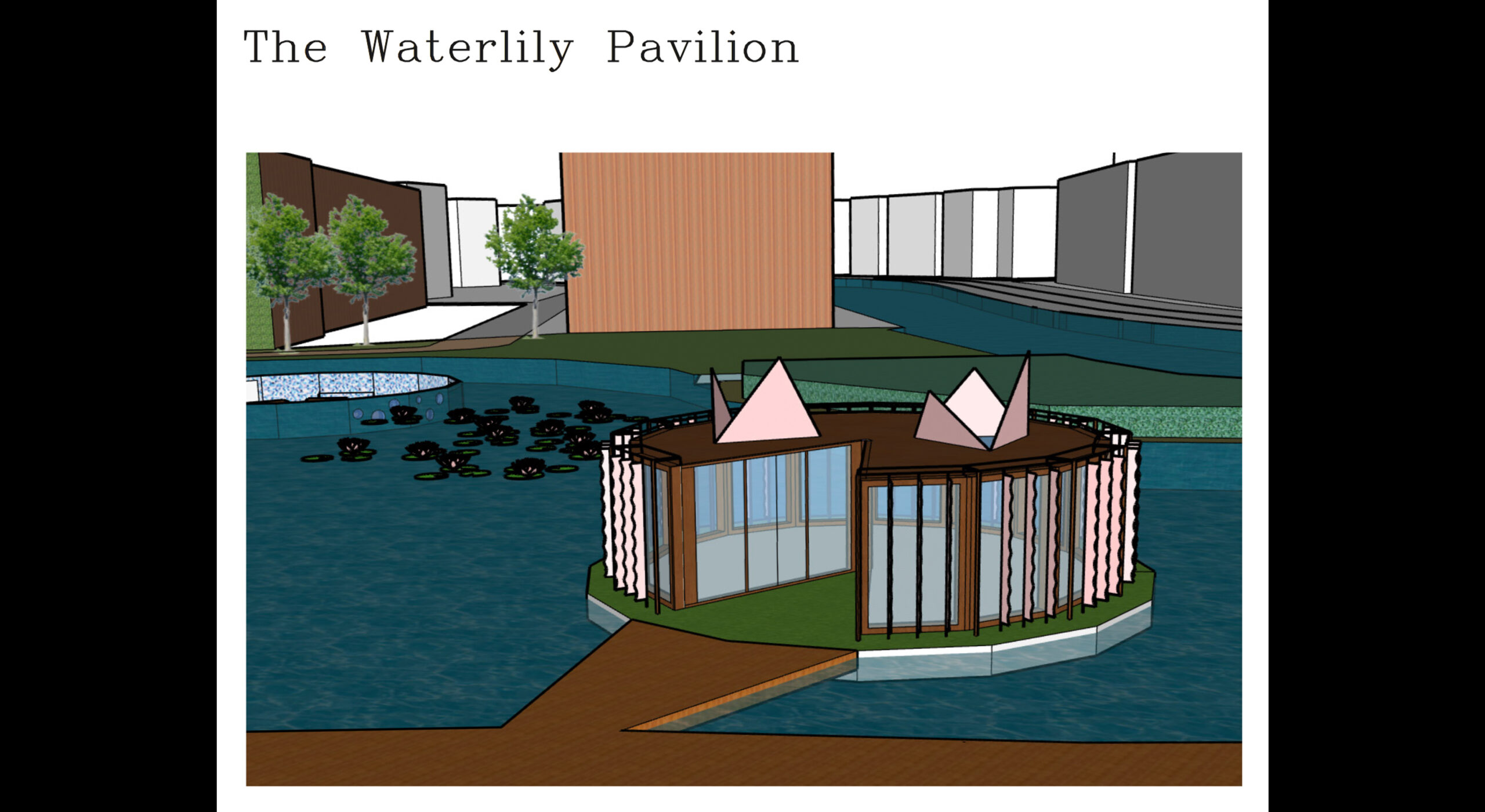Designing Cities Year 1 – 2019/2020 ARCHIVE
Tutors: Dr Roudaina Alkhani & Dr Maja Jović
Dr Roudaina Alkhani, FHEA is a Senior Lecturer in Planning and Urban Design teaching across the BA and MA modules and a Co-Course Leader of the BA Designing Cities. She is the Founding Director of the practice Platforms for sustainable cities and regions with extensive experiences from Europe and the Middle East. Roudaina has interest in multidisciplinary approaches to city development bringing together sustainability aims, innovation, architecture, urban design, strategic and design thinking as a means to create opportunities and better places. She is an Affiliate of UN-Habitat’s Planners for Climate Action and a chartered Architect MAA of the Danish Association of Architects.
Dr Maja Jović, AFHEA is a lecturer in Architecture, Planning, and Tourism. She is interested in the power of image management, how national stories reflect on the built environment, and the intersection of tourism and architecture in creating a place brand. Her interdisciplinary approach allows her to teach across departments to undergraduate, postgraduate and doctoral students. Recently, Maja’s focus is on the role of memorials and the built environment as tools of representation in a nation’s heritage discourse. She works on several international research projects, regularly gives talks on her research topics, organises interdisciplinary events, and acts as an architectural consultant to businesses.
Planning for Integrated Neighbourhood
Our studio aims to create new opportunities in inner-city areas that contribute to more sustainable and integrated neighbourhoods and support place-making. The module brings together an understanding of urban context and policy framework with the power of architecture and urban design to create opportunities where they have most impact. We take London as our City Lab, where the students explore urban neighbourhoods through different methods and learn critically in groups to assess their quality and needs through new thinking site-appraisal methods. They become confident in engaging with city debate, current policies, and city projects. The students then develop urban strategies in their groups that they take further in individual design projects, bringing together sustainability aims, innovation in terms of circular cities and materiality, architecture and design skills. They promote the qualities of the neighbourhoods through diverse projects that engage the community and contribute to the quality of the public realm, social inclusion, economic vibrance, and sustainable ecology.
Under the title More Canal, we explored this year the area around the Regent’s Canal at Broadway Market, including the Gasholders at the interface between Hackney and Tower Hamlet boroughs. The work unpacks the canals and waterways that have historically shaped the city in terms of their economic, commercial, social, and spatial structure. The students looked into reviving the canal and using its multiple opportunities as a spine for environmental, social and economic development and for connecting the surrounding neighbourhoods and people while exploring the unique architectural, urban and ecological experience and typologies of the industrial edges and their artifacts of narrowboats, locks and basins.
Based on the group site appraisal, the students were asked to design a proposal of an urban infill and public realm improvement for the neighbourhood while also reflecting on the broader urban context with its challenges and opportunities. Students interrogated through design-led research the notions of sustainability, participation and collective act, public-private space, developing original suggestions.
The themes the students focused on to stitch the neighbourhood varied from hanging and floating farms to green bridges, community houses, libraries, pockets for the homeless, and many more.
In addition to working in the studio, we use site visits as a tool as well as a series of key lectures to support the themes.
Archive of Designing Cities Year 1’s work from previous years:
BA Designing Cities Y3 2018-2019










